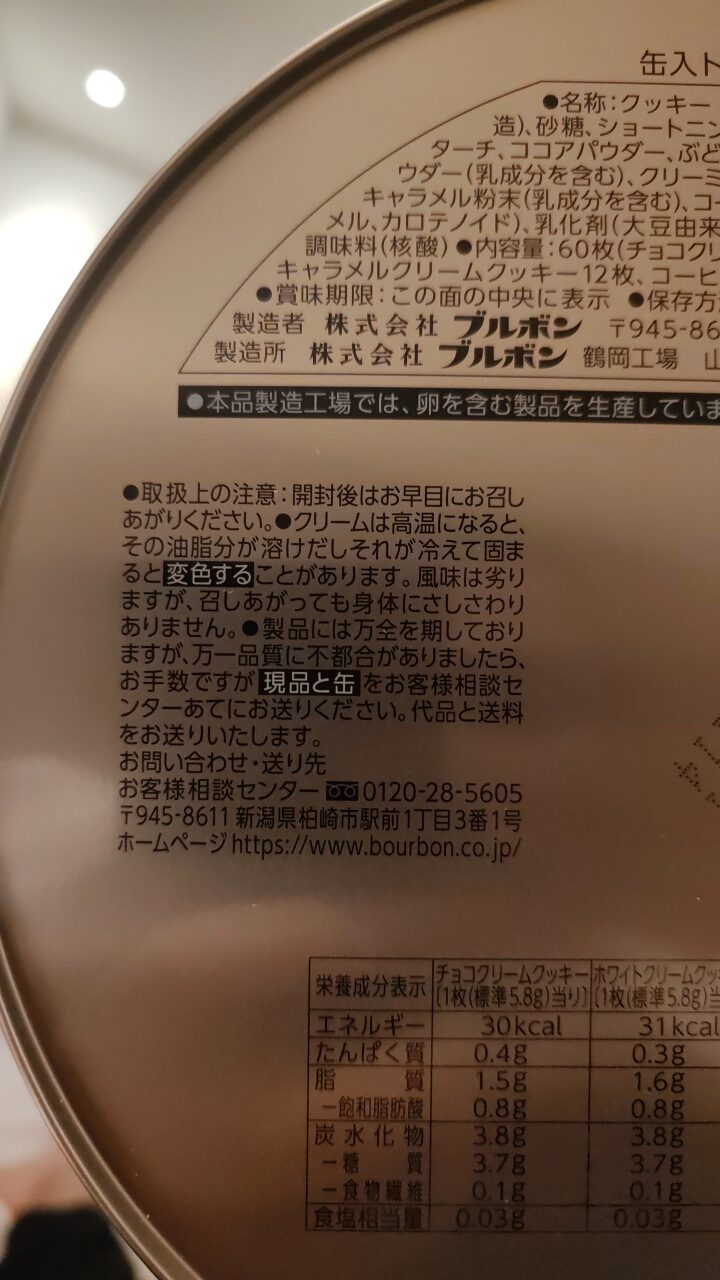
Barcode: 4901360346745
クッキー
HALAL
📝 Reason: While most ingredients appear plant-based and thus Halal, several (shortening, milk/malt, emulsifier, flavoring) frequently pose doubt due to possible animal or alcohol-based sourcing unless Halal certified. Without clear source details or a Halal logo, Islamic dietary law (Quran 5:3) and major Halal organizations advise caution, thus Doubtful status is assigned. (See: IFANCA, www.foodchemadditives.com, Halal Food Master)
🏷️ Category: Cookies
📄 Certificates: None
Ingredients:
Details
Understanding the Halal Status of クッキー
If you are wondering whether クッキー is Halal or not, you are not alone. Many consumers are increasingly concerned about Halal dietary laws, especially when it comes to processed foods. In this exploration, we will dive deep into the ingredients of クッキー and see how they measure up against Halal standards.
What Makes クッキー Halal?
The overall Halal status of any product is critical for those who adhere to Islamic dietary laws as articulated in the Quran. クッキー has been assigned a Halal status; however, it’s essential to evaluate the ingredients for any potential sources of Haram (forbidden) substances. The product’s ingredients include:
- 砂糖 (Sugar)
- ショートニング (Shortening)
- ココアパウダー (Cocoa Powder)
- ぶどう (Grapes)
- キャラメル粉末 (Caramel Powder)
- コーン (Corn)
- メル (Presumed to be ‘Milk’ or ‘Malt’)
- カロテノイド (Carotenoid)
- 乳化剤 (Emulsifier)
- 調味料 (Flavoring/Seasoning)
Ingredient Analysis
Let’s analyze each ingredient to ascertain their Halal status:
- 砂糖 (Sugar): Pure sugar is derived from plant sources and is generally Halal, as confirmed by various Halal resources. Source.
- ショートニング (Shortening): This ingredient can come from either animal or vegetable sources, making it critical to confirm its origin. In the absence of a Halal certification, it is classified as doubtful. Source.
- ココアパウダー (Cocoa Powder): Derived from cocoa beans, this ingredient is Halal provided it has no Haram additives. Source.
- ぶどう (Grapes): As a natural fruit, grapes are Halal and pose no concerns for consumers. Source.
- キャラメル粉末 (Caramel Powder): Typically produced from sugar, caramel is predominantly Halal unless modified with Haram ingredients. Source.
- コーン (Corn): A plant-based product, corn maintains its Halal status. Source.
- メル: This ingredient is presumed to be milk or malt. If it refers to milk, it must come from a Halal-certified source to ensure compliance with dietary laws. If not clarified, it remains doubtful. Source.
- カロテノイド (Carotenoid): Usually derived from plants, carotenoids are Halal. Source.
- 乳化剤 (Emulsifier): This can originate from plant or animal sources. Again, without specific details or certification, it’s marked as doubtful. Source.
- 調味料 (Flavoring/Seasoning): Similar to emulsifiers, flavorings may include alcohol or animal derivatives, so their Halal status cannot be assured without certification.
Conclusion
While most ingredients in クッキー appear Halal, the potential animal or alcohol-based sources of shortening, milk/malt, emulsifiers, and flavorings pose uncertainty. They may need explicit Halal certifications to be fully compliant with Islamic dietary regulations. Therefore, if you wish to enjoy クッキー, look for products that come with a verified Halal certification to ensure you’re adhering to your dietary principles.
